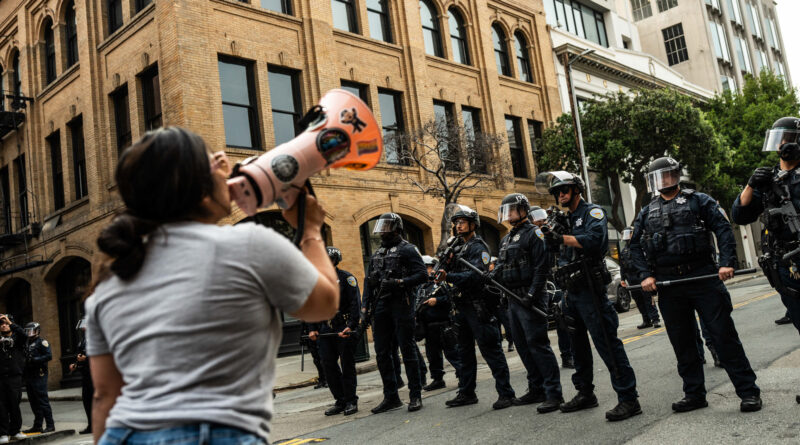Immigration Officer Voices Concern over Rising Anti-Law Enforcement Sentiment
A federal officer, whose role focuses on immigration enforcement, has aired his dismay over the increasing hostility politicians and public figures demonstrate towards those in law enforcement roles. The officer points to the dangers of influencing members of the general public into believing that actions being carried out by law enforcement amount to severe offences, such as abduction. The risks associated with this narrative are not confined to law enforcement officials but extend to the individuals concerned, as well as the broader public body. The tragic incident in which gunfire was unleashed on a facility for Immigration and Customs Enforcement (ICE), leading to one fatality and two individuals wounded, serves as evidence of this peril.
The suspected assailant has been identified as a 29-year old man, Joshua Jahn. In the aftermath of this harrowing event, both the Department of Homeland Security and the President made an appeal to temper the intense anti-ICE sentiment. Notably, in recent times, the tone against ICE officers have become increasingly acerbic, with claims emerging that they are racially biased and their actions are instilling fear in communities.
There have even been cases where individuals have made attempts to disrupt the operations of ICE. For example, there was a confronting incident of armed and masked federal officers being forced to expel a protestor who allegedly hindered an ICE vehicle. In reaction to this, the Homeland Security Assistant Secretary chided the protestor for irresponsibly prioritising her attempt to gain publicity over the safety of the officers, employees, and those detained.
There have been numerous instances of indignant sit-in protests occurring within ICE offices and attempts to illicitly gain entry into ICE facilities. Furthermore, arrests have been made on individuals obstructing active ICE arrests. Witnessing such instances has compelled this officer to voice his worry about the recurring threatening and unsafe face-offs, particularly in regions known to provide sanctuary jurisdictions.
The officer shared his personal experience, commenting, ‘When they approach you with anger, shouting and screaming, one tends to lose track of who’s who. This scenario induces significant stress.’ The officer emphasized that the role of ICE agents and their law enforcement peers is to reinforce U.S. laws. It’s worth noting that these laws are enacted by the elected representatives, the very same individuals whose followers are often found to be causing distress to these officers.
The officer found it important to highlight that, ‘At the end of the day, the law stands as it is written.’ He then asked, ‘Are there any other laws they would rather we not enforce? Should we turn a blind eye to elder fraud? Or perhaps child slavery should be overlooked?’ These rhetorical questions aim to underline the perilous path of selective law enforcement and the risks associated with harbouring anti-law enforcement sentiment.

